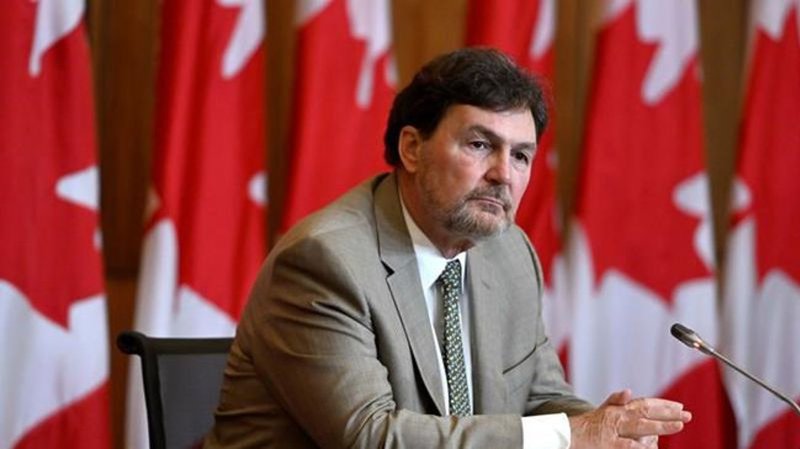
Ukraine tracking thousands of war crimes despite judicial system woes: chief justice
OTTAWA — Violence in Ukraine has crippled the country’s judicial system, the chief justice of its Supreme Court says, and left it struggling to handle tens of thousands of criminal reports arising from the war.
In a presentation given to an Ottawa conference on Monday, Justice Vsevolod Kniaziev said that more than a tenth of Ukrainian courthouses have been damaged or destroyed since Russia’s invasion of the country began earlier this year, and judges are facing threats from Russian occupiers.
But he said the system is doing its best to adapt in an attempt to fill institutional gaps and hold offenders accountable for war crimes.
“Our lives have changed a lot. It is now divided into before and after the outbreak of war,” Kniaziev told a gathering of the International Organization for Judicial Training.


